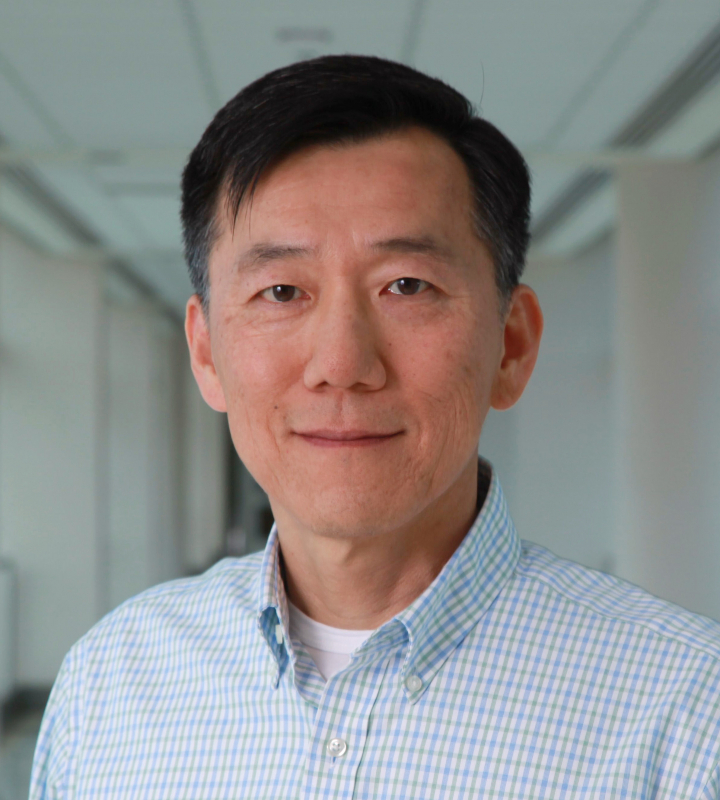Scott
Y.H. Kim, MD, PhD is a Senior Investigator in the Department of Bioethics at
the National Institutes of Health (NIH) and studies research ethics, especially
the ethics of involving decisionally impaired persons in research, the ethics
of high-risk research, and methodological issues in empirical bioethics
research. He is also interested in the interface of conceptual and empirical
methods of bioethics scholarship.
Dr.
Kim received his MD from Harvard and PhD in moral philosophy (on Kantian
ethics) from the University of Chicago, and trained in adult psychiatry at the
Massachusetts General Hospital. Prior to coming to the NIH, he was Professor of
Psychiatry and Co-Director, Center for Bioethics and Social Sciences in
Medicine at the University of Michigan.
Dr. Kim’s work has been supported by grants from the
NIMH, NINDS, NIA, NHGRI, Michael J. Fox Foundation, American Association for
Geriatric Psychiatry, and The Greenwall Foundation (Faculty Scholars Program,
Class of 2009). His work has appeared in New England Journal of Medicine,
Nature, JAMA, and other key journals. His book Evaluation of Capacity to
Consent to Treatment and Research (Oxford, 2010) was translated into Japanese.
His research has been covered in the popular media, including the New York Times
and the Atlantic.
For more information, visit: https://irp.nih.gov/pi/scott-kim
Committee Member Q & A
We asked each Committee Member four questions to gain insight into who they are and what they value in bioethics scholarship and the Faculty Scholars Program.
What professional activity or accomplishment are you most proud of?
I’m thankful to have had the opportunity to work on a variety interesting problems so it’s a tough question to answer! I’ve most enjoyed projects—whether in research ethics or in end of life ethics—where I can go back and forth between normative, philosophical thinking and empirical projects.
In your work, how have you engaged with people who face bioethics dilemmas in their professional activities or personal lives?
Probably the most direct way has been as an ethics consultant, providing advice to individuals, groups, and institutions, both formally and informally, on a variety of clinical, research, and policy issues.
Who has been affected by your work in bioethics?
I don’t actually know for sure. There are the folks I have mentored over the years, and the individuals and groups I have provided consults to. Of course, I hope people also read what I write, but that’s something I have no control over.
What do you view as the greatest strength of the Greenwall Faculty Scholars Program?
Scholars need a community where their ideas can be understood and tested. The Program does an excellent job of providing a supportive environment that stimulates and sharpens the work of its Scholars.
